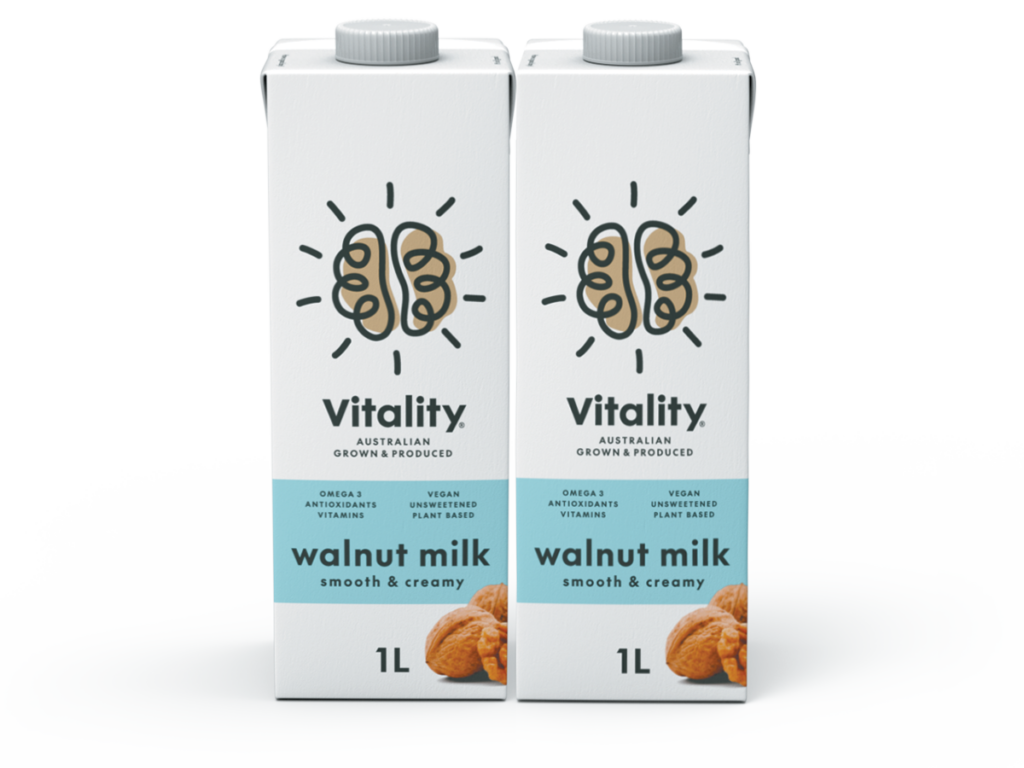Walnuts:
The miracle nut

Walnuts, recognised as a drupe or stone fruit, are two-part edible seeds rich in antioxidants, polyunsaturated fats, and traditionally used to address various health issues. Their adaptability in raw, toasted, or pickled forms, alongside their historical significance in holistic medicine, showcases their versatile applications.
Nutrient Profile and Storage Tips
A walnut serving of just over a tablespoon provides the highest protein content among nuts, with 65% of its composition being polyunsaturated fat. Walnuts are abundant in manganese, B vitamins, vitamin E, and protective polyphenols. Proper storage, vital for preventing oxidation and mold growth, involves airtight, moisture-free packaging, especially post-shelling. Refrigeration in the absence of direct light and heat is recommended.
Health Benefits:
Research, highlighted in a 2018 meta-analysis, underscores the manifold health benefits of walnuts. From improving memory, cognition, and cardiovascular function to reducing inflammation, BMI, and aiding weight loss, walnuts have shown diverse positive impacts. Specific focus on brain health reveals protective effects against neuroinflammation and cognitive decline, with potential antidepressant properties linked to phytomelatonin and alpha-linolenic acid. Studies also support cardiovascular well-being, improved cholesterol levels, and even weight management, challenging misconceptions about high-fat diets causing weight gain.



